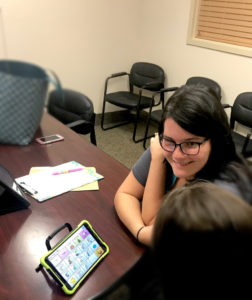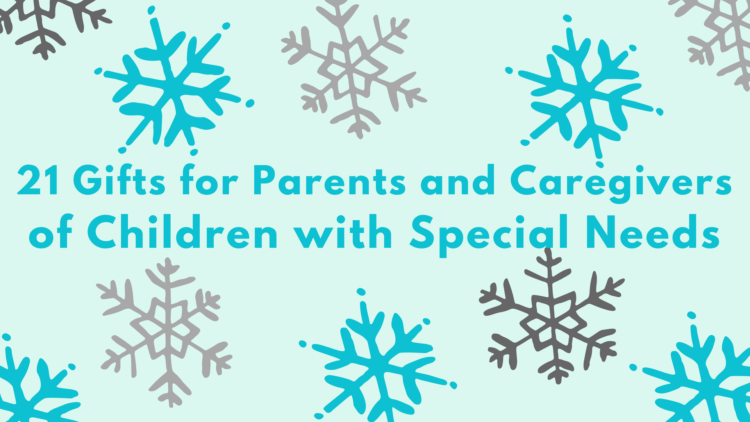Written by: Leslie Jones,MMT, MT-BC
Can you imagine a world without music? A week without it? Even a day with absolutely no music? Even if you can, you probably don’t want to because you are like majority of human beings, who love music. Music is a part of our culture, our daily routines, significant life events, even a part of our biological make up. If you think about it, we all breathe to a rhythm, speak with rhythm and pitch, and our hearts are a continuous rhythm filling us with life. We enjoy music so much because we are inherently made of music!
 Allyson Beary, M.S. CCC-SLP, TheraCare Outpatient Clinic Speech-Language Pathologist (SLP), is not only a highly skilled SLP but a therapist that focuses her professional attention and time around helping students with communicating their wants and needs. With her unique skill set, she has helped over a dozen local school districts receive access to consultation, evaluation and device education (if applicable) to ensure that no child is left without the ability to communicate needs. One of the best things about it—it’s at minimal cost to the district. She joins hands with the educational team, including on-site SLPs, to confirm that any measures taken are in alignment with the goals of the multidisciplinary team. Let’s learn more about the amazing services Allyson is providing!
Allyson Beary, M.S. CCC-SLP, TheraCare Outpatient Clinic Speech-Language Pathologist (SLP), is not only a highly skilled SLP but a therapist that focuses her professional attention and time around helping students with communicating their wants and needs. With her unique skill set, she has helped over a dozen local school districts receive access to consultation, evaluation and device education (if applicable) to ensure that no child is left without the ability to communicate needs. One of the best things about it—it’s at minimal cost to the district. She joins hands with the educational team, including on-site SLPs, to confirm that any measures taken are in alignment with the goals of the multidisciplinary team. Let’s learn more about the amazing services Allyson is providing!





